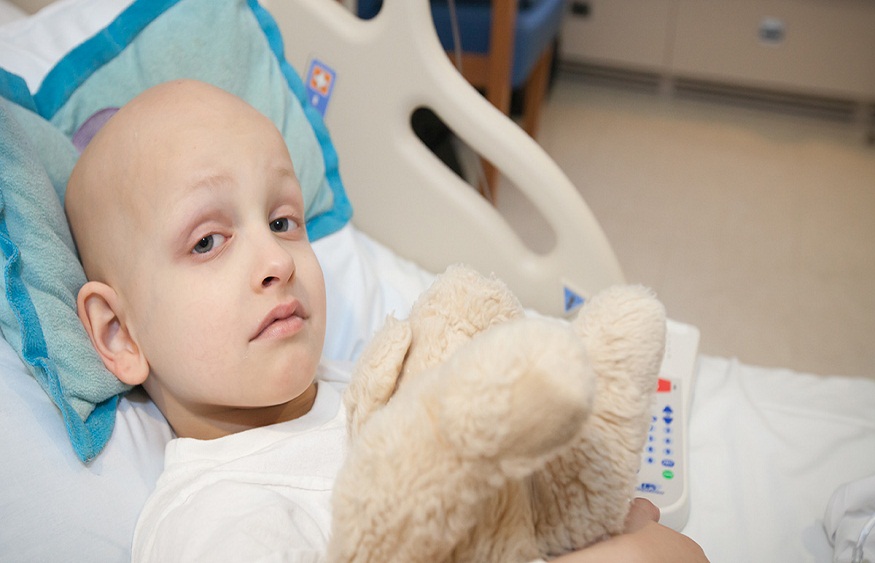In The Frontlines: Oncologists And The Battle Against Pediatric Cancers
In the fight against pediatric cancers, oncologists stand as brave warriors on the front lines. Their mission is clear: to give every child a chance at a healthy future. These specialists face complex challenges, such as the elusive phoenix genitourinary cancer, and tackle them with skill and determination. With every case, they bring us closer to a world where cancer in children is a thing of the past. By understanding their role, we can appreciate the crucial work they do each day.
The Role of Pediatric Oncologists
Pediatric oncologists are doctors who specialize in treating cancers in children. They work not just with young patients but also with their families. Their role includes diagnosing the type of cancer, planning the treatment, and providing follow-up care. Their expertise covers a variety of cancers, each with unique challenges.
They coordinate with a team of healthcare professionals. This team often includes surgeons, radiation oncologists, and nurses. Together, they create a tailored approach for each child. This teamwork is essential in providing the best possible care.
Common Pediatric Cancers
Cancer in children differs from cancer in adults. The types are different, and so are the treatments. Below is a table showing some of the most common pediatric cancers and their average occurrence rates:
| Type of Cancer | Percentage of Cases | Primary Treatment |
| Leukemia | 28% | Chemotherapy |
| Brain Tumors | 26% | Surgery and Radiation |
| Lymphoma | 8% | Chemotherapy |
Advancements in Treatment
Treatment for pediatric cancers has come a long way. Advances in technology and medicine have improved survival rates. New therapies focus on less invasive procedures and more targeted treatments. This progress is thanks to ongoing research and clinical trials.
For instance, the development of immunotherapy provides new hope. This type of treatment uses the child’s own immune system to fight cancer cells. It’s an exciting step forward in the battle against cancer in children.
To learn more about ongoing research, visit the National Cancer Institute’s Childhood Cancer Research page.
Challenges Faced by Oncologists
Despite progress, challenges remain. Pediatric oncologists often deal with rare and aggressive cancers. Treatments can be harsh and have long-term effects on growing bodies. Balancing effectiveness with quality of life is crucial.
Access to care is another hurdle. Some families struggle with the costs or live far from treatment centers. Oncologists often advocate for better access and support services for these families.
Future Directions
Looking ahead, the focus is on personalized medicine. This approach tailors treatment to the individual needs of each child. It uses genetic information to guide therapy choices, aiming for better outcomes and fewer side effects.
There is also a push towards global collaboration. Sharing data and resources among countries speeds up progress. It also helps in understanding different cancer types and treatment responses across populations.
Conclusion
Oncologists play a critical role in the fight against pediatric cancers. They are at the forefront of advances that continue to improve survival rates and quality of life for young patients. Through dedication and collaboration, these specialists work tirelessly to conquer cancer, one child at a time.
To find out more about pediatric oncology, visit the Centers for Disease Control and Prevention’s Childhood Cancer section.

